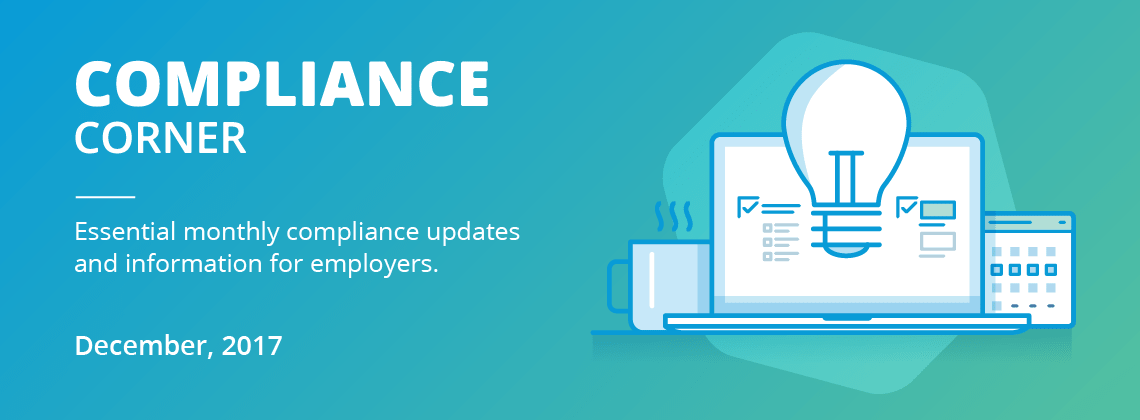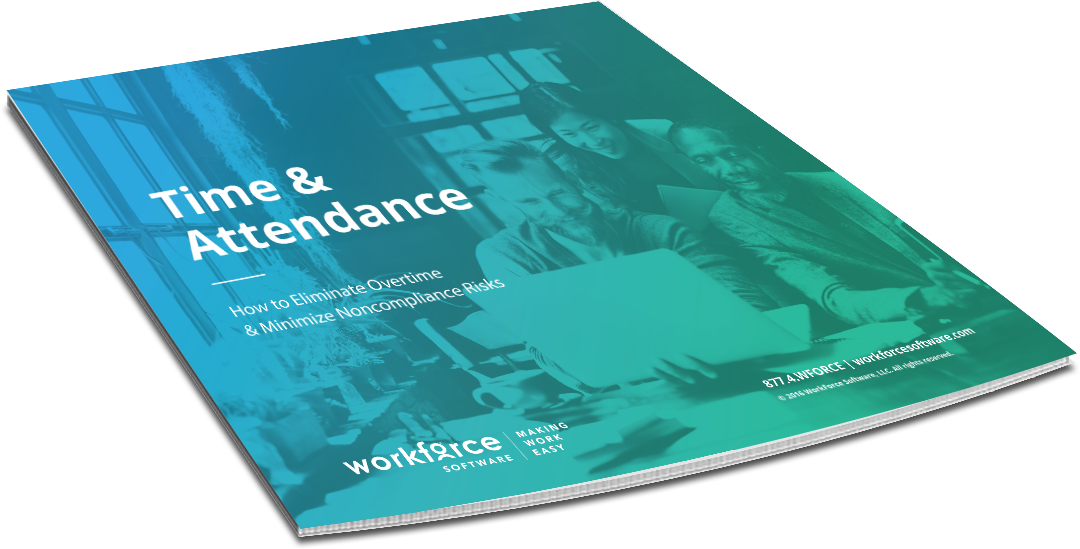Predictive Scheduling Laws: 10 Rules Employers Should Know


Paul Kramer
Director of Compliance
Predictive Scheduling laws, also known as Fair Scheduling laws, are an emerging trend in the United States.
Predictive scheduling laws protect workers by requiring employers to follow certain practices to avoid unpredictable work schedules, which often deprive employees of a proper work-life balance.
If these required scheduling practices are violated, stiff penalties may be imposed.
Although current Fair Scheduling laws mainly cover food service, retail, and hospitality employees, it’s likely they will expand to other industries. Moreover, as Predictive Scheduling laws spread to new industries, there will be added pressure on employers to voluntarily adopt Fair Scheduling practices to attract the best talent.
Several jurisdictions have enacted Predictive Scheduling laws, including the state of Oregon, the city of Emeryville, New York City, San Francisco, and Seattle.
Other places have passed or issued regulations addressing more limited scheduling concerns, such as access to additional work hours (San Jose) and call-in pay (New York state). And while Predictive Scheduling laws differ from one jurisdiction to the next, they commonly include the following rules:
Subscribe to The WorkForce Blog
Learn the art and science of maintaining productive, happy, engaged employees.
10 Rules Lending Predictability to Workplace Scheduling
Scheduling Rule #1: Good faith estimate of the employees’ schedules.
Employers must provide employees with a written, good faith estimate of their schedule at the time of hire.
Scheduling Rule #2: Schedule requests.
Employees may state preferences for the location and hours of work, including requests not to work at a particular time or place.
Scheduling Rule #3: Prior notice of schedules.
Employers must provide employees with a written work schedule, including on-call shifts, before the schedule begins (commonly around 14 days preceding the first day of the schedule).
Scheduling Rule #4: Additional work hours.
Additional hours must be offered to current employees before hiring workers from outside the company.
Scheduling Rule #5: Work Schedule changes.
A fair amount of notice must be given to employees before changing their schedule.
Scheduling Rule #6: Premium pay for schedule changes.
Employees must be paid premium pay if employers change their schedules without timely and proper notice, unless the change is caused by circumstances such as natural disasters, public utility failures, and voluntary shift trading.
This is sometimes referred to as “predictability pay.”
Scheduling Rule #7: Rest between shifts.
Employers must provide a rest period between shifts unless the worker agrees to work during the rest period.
Scheduling Rule #8: Recordkeeping.
Employers must keep certain scheduling records for a required period.
Scheduling Rule #9: Notice of Employee Rights.
A notice of employee scheduling rights must be conspicuously posted in the workplace.
Scheduling Rule #10: Anti-retaliation.
Employees may not be retaliated against for inquiring about or attempting to enforce their scheduling rights.
 Time & Attendance: How to Eliminate Overtime & Minimize Noncompliance Risks
Time & Attendance: How to Eliminate Overtime & Minimize Noncompliance Risks
Are the gaps in your HCM suite covered? Learn how a dedicated time and attendance solution can help eliminate over-payments and minimize non-compliance risks.
Predictive Scheduling is intended to treat employees fairly by requiring better scheduling practices, which can be a burdensome trend for some employers.
If you’re an employer that’s affected by this type of legislation—or you have employees in places where these laws are being considered—you should closely compare your existing scheduling practices to the current or proposed law to make sure you comply. It’s also critical to train supervisors and other relevant personnel to understand how these laws function.
These laws are something employers and their HR staff should go out of their way to monitor.
Finally, because Fair Scheduling laws vary across jurisdictions, make sure you consult legal counsel if you have any questions.

 Time & Attendance: How to Eliminate Overtime & Minimize Noncompliance Risks
Time & Attendance: How to Eliminate Overtime & Minimize Noncompliance Risks